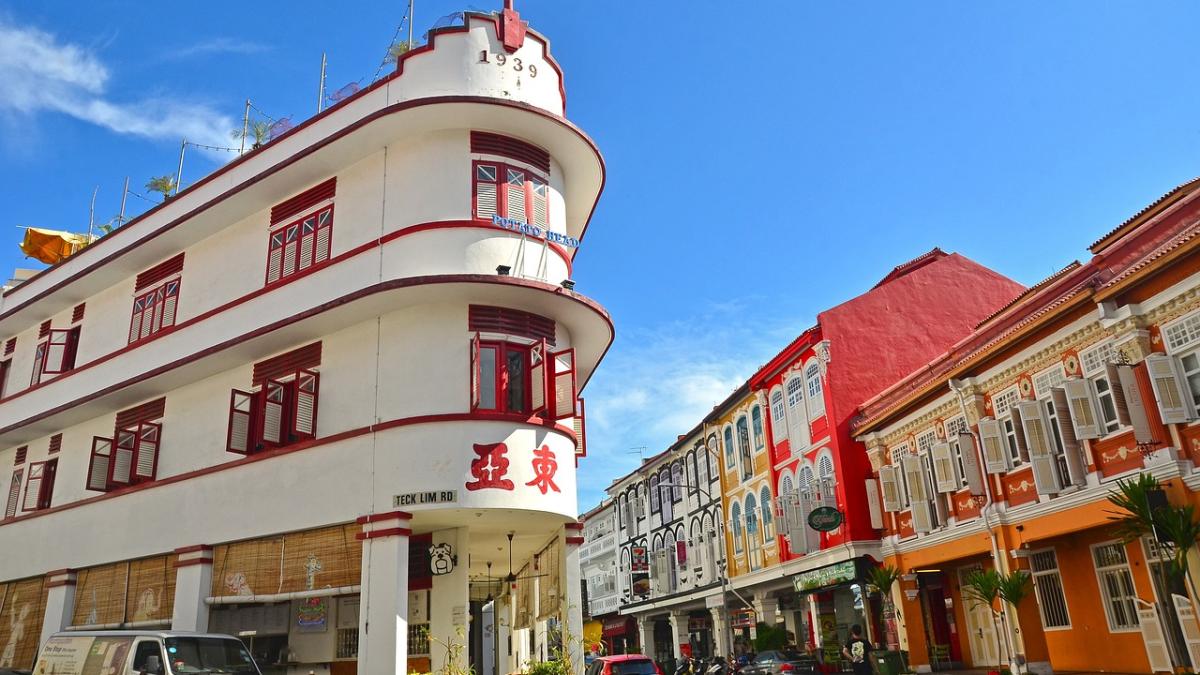 Image by Cedric Yong from Pixabay
Image by Cedric Yong from Pixabay
What drove adjustment in land betterment charge rates?
Rates rose for commercial and hospitality properties but declined for residential.
The Singapore Land Authority (SLA) has made adjustments to the Land Betterment Charge (LBC) rates for the period 1 September 2023 to 29 February 2024.
Under the revised rates, LBC rates in commercial and hospitality properties increased, whilst rates for residential, and non-landed declined.
Properties under Use Group A (Commercial) saw a 0.4% average increase in LBC rates. Of the 118 sectors, 12 saw an increase in rates ranging from 3.3% to 3.9%.
CBRE believes that “increases were imputed from shophouse transactions,” given that there were only a few office or retail en bloc transactions recently.
EDMUND TIE echoed this, adding that the increases in LBC rates for the selected sectors are reflective of commercial activity, especially in shophouses.
“The run-up in the capital values of shophouses, coupled with the spillover of investor interest into this segment post-ABSD rate hikes for the residential sector, has likely prompted the Chief Valuer to act accordingly with higher land levies,” EDMUND TIE said.
Amongst shophouse transactions that may have supported the increase in the LBC rates for commercial properties include Stanley Street, Duxton Hill Amoy Street (Sector 16), New Bridge Road (Sector 21), Jalan Besar (Sector 53) and Geylang Road (Sector 102), said EDMUND TIE.
Knight Frank said Singapore’s shophouse market “continued to be attractive to buyers in the first half of 2023 with average prices growing 8.4% in the first half of 2023 from $4,610 psf (on land) in H2 2022 to $5,454 psf (on land) in H1 2023 despite economic uncertainties.”
“As ABSD is not applicable for commercial properties, interest in shophouses remains firm with private wealth buyers comprising high-net-worth (HNW) investors and family offices. The ongoing gentrification of shophouse areas has been and will continue to draw investors, as shophouse inventory remains fixed, with this niche market no longer supplied with any new product.” Knight Frank added.
Use Group C
Like commercial properties, hotels and hospitals (Use Group C) saw an increase in LBC rates of 3.0% on average.
Of the 118 sectors, 116 recorded an increase in rates running from 3% to 5%.
CBRE attributed the broad-based increase to the “further recovery in the hotels sector in 2023 alongside an increase in both leisure and business travellers across all hotel tiers.”
“Despite the lack of hotel transactions from March to August 2023, Singapore’s hotel market has recovered strongly, with hotels’ average daily rates (ADR) and revenue per available room (RevPAR) growing strongly year on year and even exceeding pre-pandemic (2019) levels,” CBRE added.
Knight Frank echoed this adding that the “general rise in 116 out of 118 sectors reflects the improving tourist market, with more than one million international visitor arrivals each month since March 2023.”
According to EDMUND TIE, the sectors that saw the largest increase of 5% relate to localities along Tanglin/Orchard, City Hall, Bugis, Collyer Quay, Bayfront and Sentosa.
“While a rising tide lifts all boats, the luxury and upscale hotel segment has been the prime beneficiary of the tourism upswing. Even as the visitor flow from Mainland China has fallen short of expectations, those who have ventured out of China are likely the affluent who favour brand hotels in choice locations,” EDMUND TIE said.
Use Group B2
Unlike commercial properties and hotels, residential non-landed properties recorded a decline of 3.2% on average, marking its first decline since September 2020.
The use group also saw a broad-based decline with 111 out of the 118 sectors seeing a decrease in LBC rates ranging from -3% to -11%, with the steepest declines in Marina Bay, said CBRE.
“These were evident in poor turnout in recent land bids and mirrored the softer sentiment across developers and buyers,” CBRE said.
Huttons said land bids for suburban sites under the GLS programme will likely be stable whilst the collective sales market is not likely to pick up in the next six months.
“Developers are negative on the prime residential segment while staying slightly positive on the suburban residential segment,” Huttons added.
EDMUND TIE said the declines in LBC rates are “within expectations” given that the market has taken a hit “with the cooling measures in April and the recent inclusion of land zoned Commercial and Residential under the Residential Property Act.”
“We are cautiously optimistic the reduction in LBC rates could provide a shot in the arm for the collective sale market, which has seen only one transaction (Kew Lodge) since the April cooling measures,” EDMUND TIE added.
























 Advertise
Advertise










